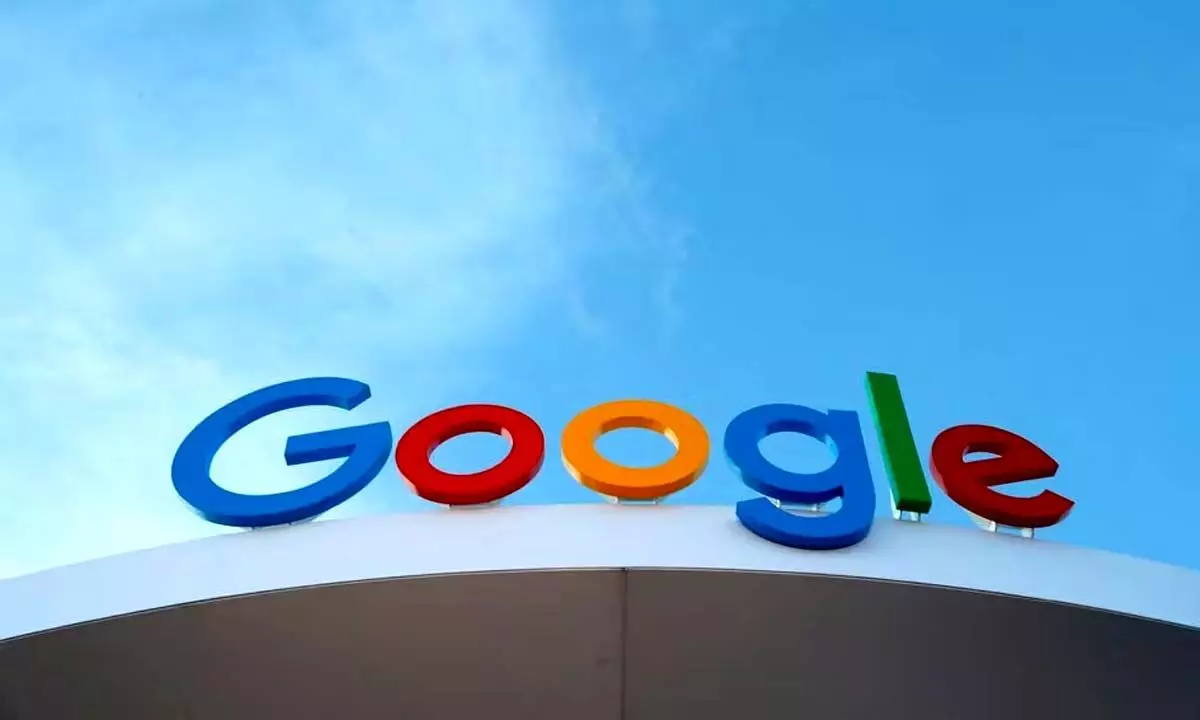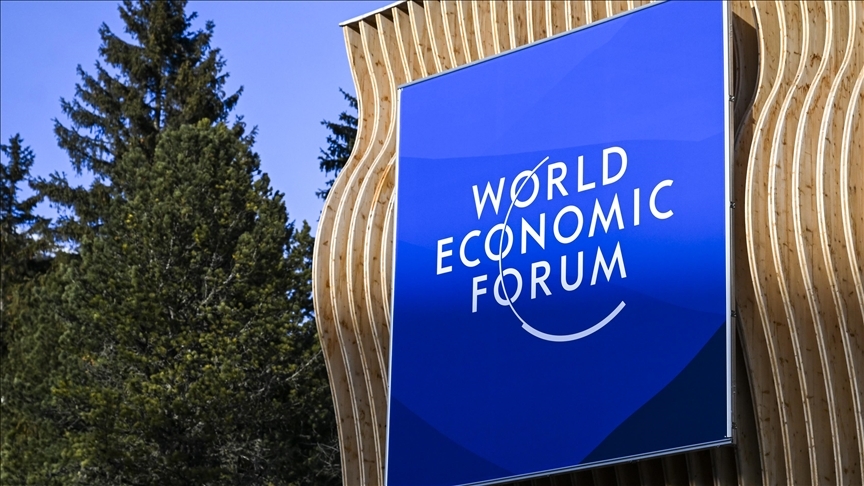Google Faces Antitrust Heat Over Ad Tech Monopoly: DOJ Demands Breakup
- bypari rathore
- 02 August, 2025

Google is currently facing significant legal challenges in the United States over its dominance in the digital advertising market. A federal judge recently ruled that Google unlawfully monopolized key areas of the ad tech ecosystem, particularly publisher ad servers and ad exchanges. This decision follows a lawsuit filed by the U.S. Department of Justice (DOJ) and several states, alleging that Google used its market power to stifle competition and harm both advertisers and publishers .
Key Findings from the Court Ruling
Market Dominance: The court found that Google controlled approximately 91% of the publisher ad server market and between 54% to 65% of the ad exchange market from 2018 to 2022. This level of control allowed Google to maintain a 20% take rate on ad exchange services, significantly higher than competitors.
Anti-Competitive Practices: Google was found to have tied its publisher ad server (DFP) to its ad exchange (AdX), effectively forcing publishers to use both services to access Google's advertising demand. This practice limited competition and reinforced Google's dominance.
DOJ's Proposed Remedies
In response to the ruling, the DOJ has proposed several measures to restore competition in the digital advertising market:
Divestiture: Google would be required to sell its AdX and DFP platforms to separate entities, breaking up its integrated ad tech stack .
Operational Restrictions: Post-divestiture, Google would be prohibited from operating an ad exchange for a period of 10 years .
Increased Interoperability: Google would need to make its ad buying tools compatible with third-party ad tech products and share data with competitors to level the playing field .
Google's Response
Google has contested the DOJ's proposals, arguing that the suggested divestitures are excessive and would harm the digital advertising ecosystem. The company has proposed alternative remedies, such as increasing transparency in its ad auctions and allowing greater access to its real-time bidding data for competitors .
Broader Implications
This case is part of a broader scrutiny of Google's business practices. In a separate antitrust case concerning its search engine dominance, the DOJ has proposed that Google divest its Chrome browser and potentially its Android operating system to prevent anti-competitive behavior .
The outcomes of these cases could lead to significant changes in Google's business operations and set precedents for how antitrust laws are applied to major technology companies.
🔍 Background of the Case
The U.S. Department of Justice (DOJ), joined by several states, has accused Google of monopolizing the digital advertising market. The core of the argument is that Google has built a “self-reinforcing dominance” over the ad tech ecosystem by owning and operating multiple layers of the digital ad supply chain.
This lawsuit, filed in January 2023, is distinct from Google's ongoing antitrust battle over search but equally significant due to its potential to reshape the internet economy.
🧩 How Google's Ad Tech Stack Works
Google controls:
Publisher Ad Server (DoubleClick/DFP) – helps websites display ads.
Ad Exchange (AdX) – auctions ad space to the highest bidder.
Advertiser Tools (DV360 & Google Ads) – used by marketers to buy ads.
This vertical integration gives Google end-to-end control over ad sales and delivery—meaning it can set prices, prioritize its own tools, and limit rivals’ access to inventory and data.
⚖️ Key Allegations
Tying Practices: Google allegedly forced publishers to use its ad exchange (AdX) if they wanted to use its ad server (DFP), reducing competition.
Auction Manipulation: Internal Google programs like “Project Bernanke” were used to give its own buying tools an edge in auctions, disadvantaging competitors and partners.
Market Foreclosure: Competitors in both the sell-side and buy-side markets were effectively locked out or stifled.
🧨 Potential Remedies the DOJ Is Seeking
Divestiture: Google may be forced to sell off its ad exchange (AdX) and publisher ad server (DFP)—two key components of its ad tech stack.
Ban on Operating Exchanges: Google could be barred from running an ad exchange for 10 years to allow competition to recover.
Interoperability Requirements: Google would be required to make its ad tools work seamlessly with third-party services.
Data Access Reforms: Google would have to share data more transparently with advertisers and publishers.
📉 Why This Matters
For Publishers: More choice in monetizing their sites and potentially better revenue share.
For Advertisers: Increased transparency and potentially lower costs due to more competition.
For Google: If divested, this could be one of the biggest structural breakups of a Big Tech company since AT&T in the 1980s.
📣 What Google Is Saying
Google argues:
Its ad tools provide efficiency and value to all parties.
The DOJ’s proposals are too extreme and would disrupt the entire digital ad ecosystem.
Competitors like Amazon, Microsoft, and Meta are strong enough to prevent monopoly behavior.
Google proposes less drastic alternatives, like increased auction transparency and data sharing, instead of structural breakups.
🌍 Global Context
European Union: Also investigating Google’s ad business under similar monopoly concerns.
UK’s CMA: Conducting its own inquiry into ad tech dominance.
India and Australia: Watching the U.S. case closely and may follow suit.

Note: Content and images are for informational use only. For any concerns, contact us at info@rajasthaninews.com.
TSMC Optimistic Amid...
Related Post
Recent News
Daily Newsletter
Get all the top stories from Blogs to keep track.











